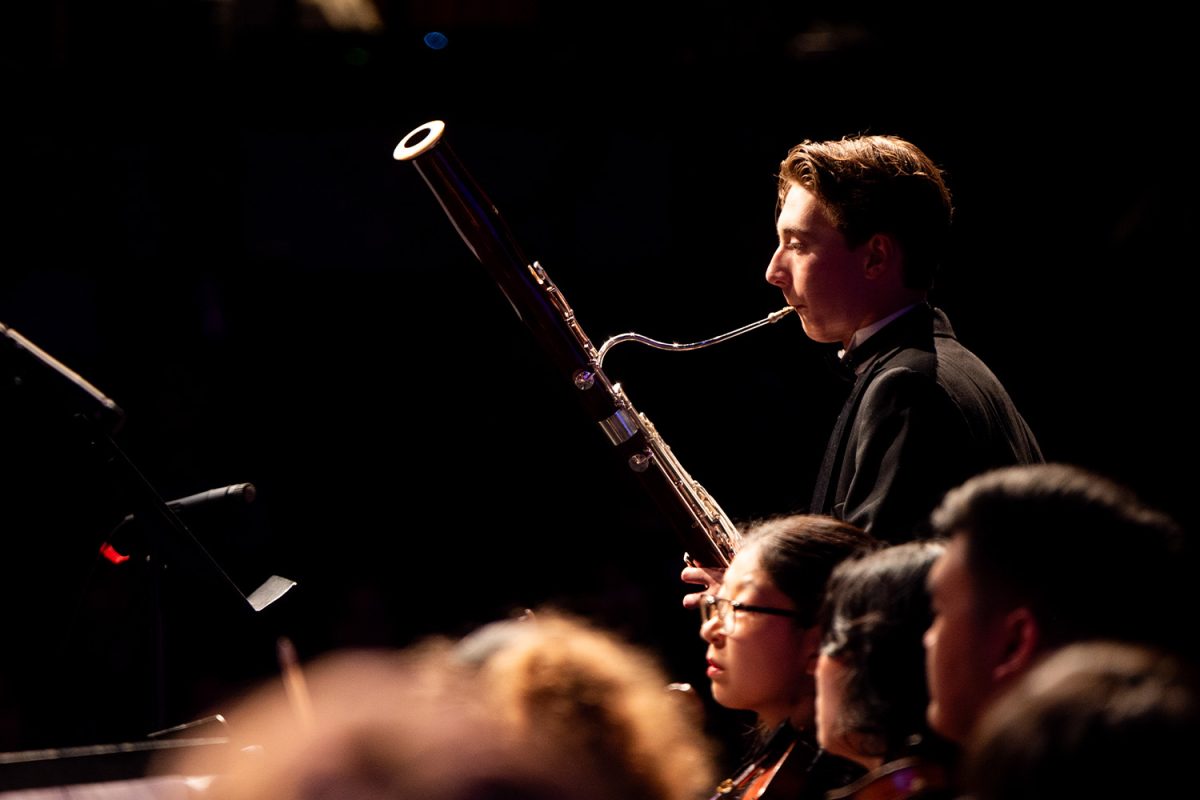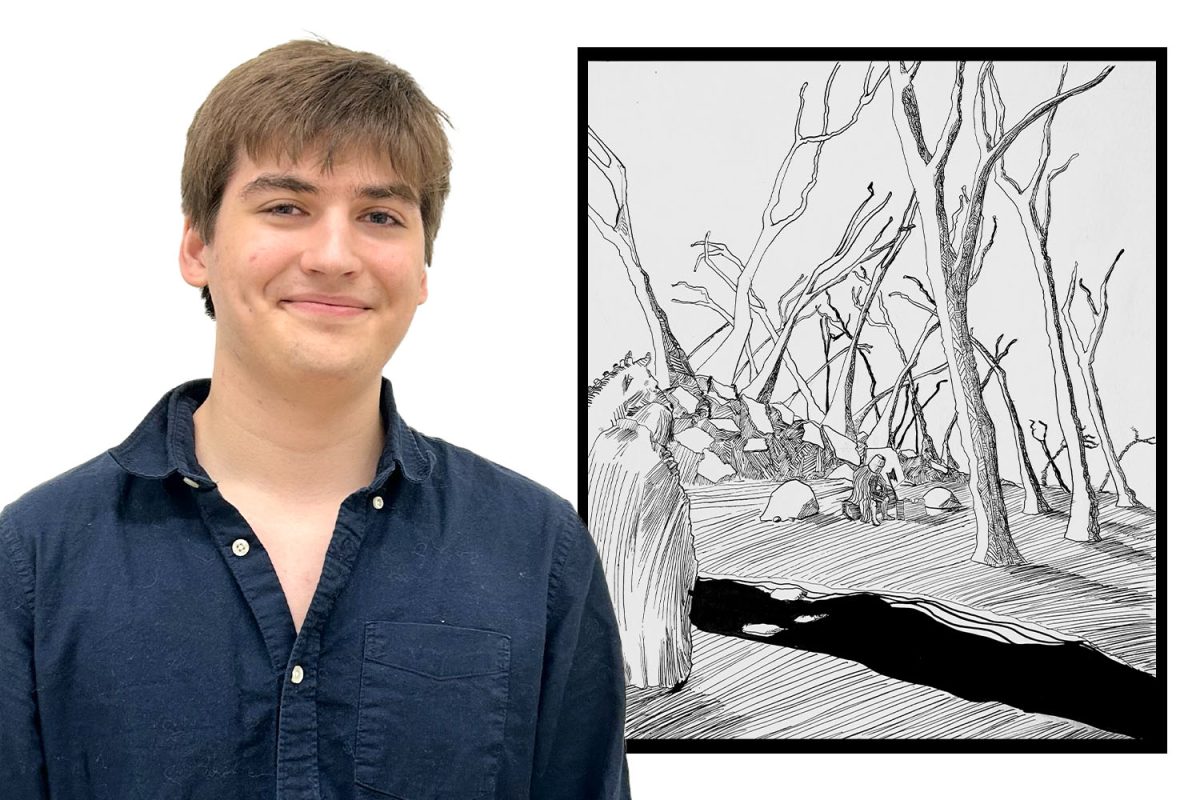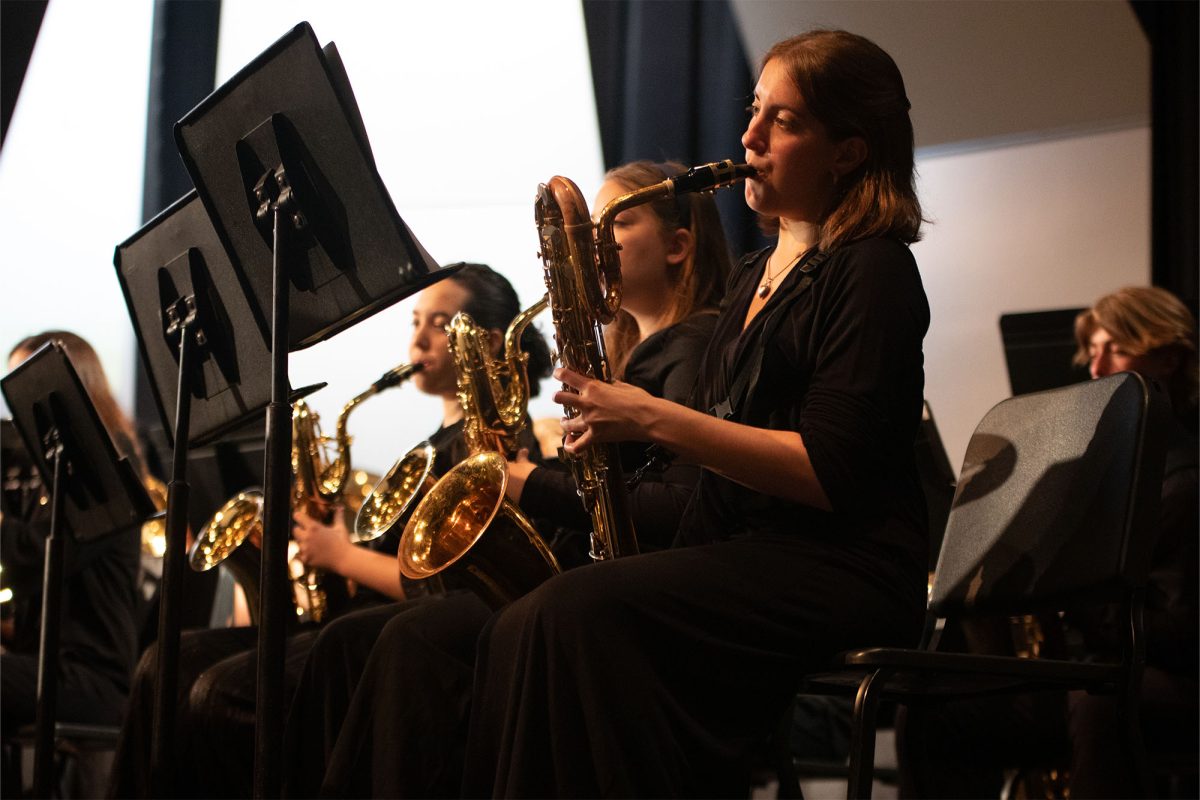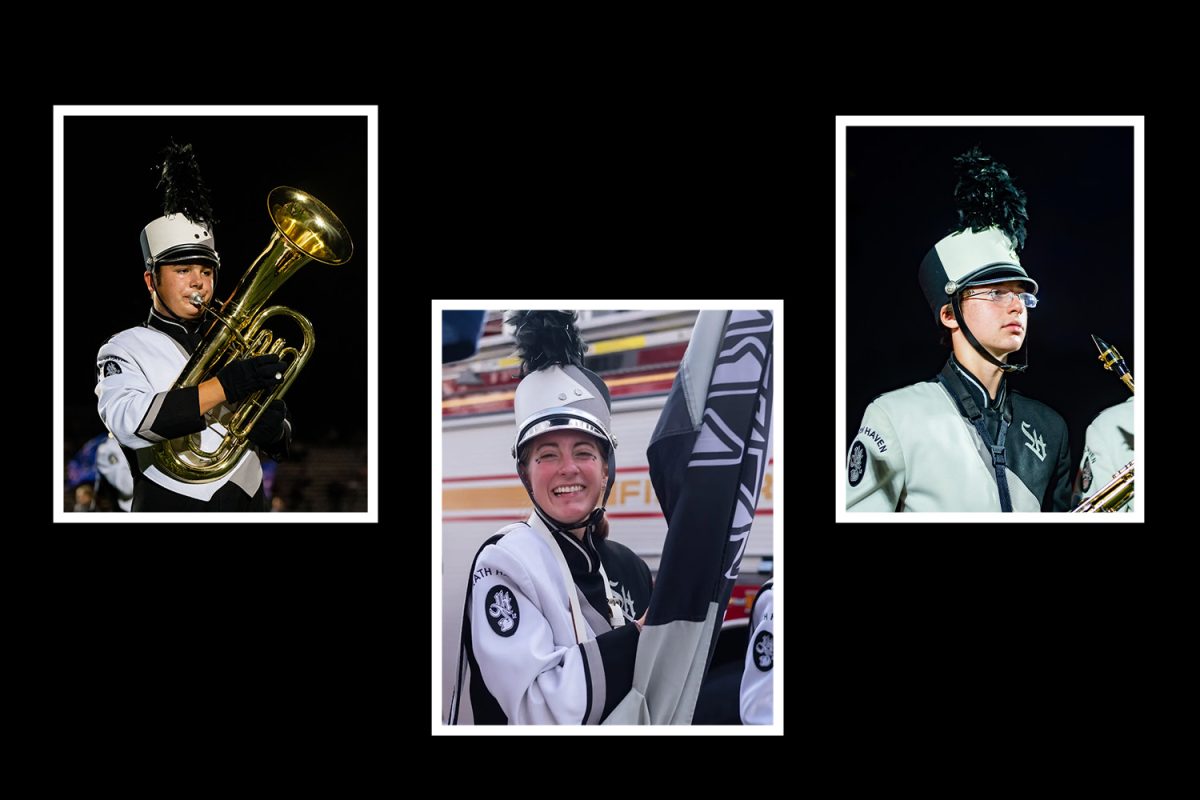If you spend any time near the internet, you’ve probably heard of a movie called Bird Box. The Netflix film, is centered around the breakdown of a society when an invisible force becomes the cause of mass suicides. When an individual sees this monster, they take any and all means to end their life. However, the people around them cannot see what they see, only the horrific actions at the other end. That is, until it is their turn to lose their own life at the hands of this cruel, unstoppable force. No one can reason with them or try to interfere with the act, at least not without putting themself in serious danger. The only way to survive in the new world order is blindfolded.
Since its release, Bird Box has caused quite the buzz online, not only breaking first-week viewing records for Netflix, but also becoming the inspiration for a new wave of memes and internet challenges alike. Aside from this, Bird Box has garnered some comparison to A Quiet Place, a movie directed by John Krasinski which came out earlier in 2018. Bird Box is a survival story where people have to give up sight in order to live another day. A Quiet Place depicts a post-apocalyptic world where if you make almost any sound, a grotesque monster will track you down and slaughter you in an instant.
However, Bird Box is a promising concept that falls flat. If anything, what the internet has done with the movie is better than the movie itself. The drama of the film is the concept of an invisible monster which we have no power to detect, in a world where we have no ability to protect ourselves or control our fates. Of course, the hope is that the protagonist will defy the doom of the apocalypse and fight for freedom, and essentially that is what happens. Yet, it doesn’t seem to matter much. The characters are flat and hard to get attached to, especially as they are killed off with the efficiency of a factory line. Because of this, the movie isn’t able to dig past surface-level shock and fails to evoke emotion any deeper than slight horror at the blood and gore. Also, while not knowing exactly what the monster is keeps the audience guessing, it simultaneously isolates the viewer from the film. It’s a lose-lose. They can never completely comprehend the terror which the movie relies on, and if they do, the terror is lost. In A Quiet Place, with little sound or dialogue, the audience is transported into the world and therefore, much more is at stake.
Still, Bird Box deserves credit where credit is due. The movie manages to shine a light on the sometimes monstrous quality of humanity itself. Where the actual monster loses power, the antiheroes gain it. What becomes more scary is humanity and its potential to turn on itself. While seeing the monster drives most to suicide, a few individuals grow stronger from it. In a sense they are recruited, and it becomes their goal to remove others’ blindfolds and “enlighten them.”
With the similar concepts, pressing themes, and instant impression on popular culture, the question remains of why these films are so relevant now. The post-apocalyptic genre is a fairly recent trend, and may be due to a growing, universal fear and sense of uncertainty. In a different way, the idea of an apocalypse is becoming a very real thing. That uncertainty is especially dire for parents attempting to raise and protect their children in times of turmoil.
Evelyn Abbott, a main character, mother, and wife in A Quiet Place, says, “Who are we if we can’t protect them?” She’s talking about her children, and this is a very real thought for parents today. The world is uncertain, and we do not know life without fear: fear for the political state of our country and world, fear for the environment, and fear for the atmosphere in which our children will become people. Bird Box touches on a similar note, when Malorie, the main character, is calling out to her children, Boy and Girl, whom she hasn’t named in order to avoid getting attached. However, in this moment, where they are all separated and blindfolded in the forest, she begs the monster, wherever it is, “Please don’t take my children!” Malorie has survived not by being nurturing, but by becoming distant and survival-focused, though those barriers begin to break down.
With all things considered, A Quiet Place is the apocalypse movie we need, if any, in times of uncertainty. It handles life and death with much more value than its less mature cousin, Bird Box, which kills of characters left and right before the audience has the chance to care. Really, the characters in Bird Box feel like token archetypes, placed there to fill the space and dish out awkward dialogue. A Quiet Place focuses more on familial bonds and the colossal weight of each life lost, even in a world where that is so much more common.
We see violence broadcasted on the news like it’s the Sunday morning cartoons. To combat becoming desensitized, or being reduced to the “assholes and the dead,” as Douglas from Bird Box describes humankind, it is essential to handle real life with more value, care, and selflessness, rather than viewing the lives of foreigners and strangers, or anyone not immediately contained in our own egos, as token characters that we could stand to lose.












